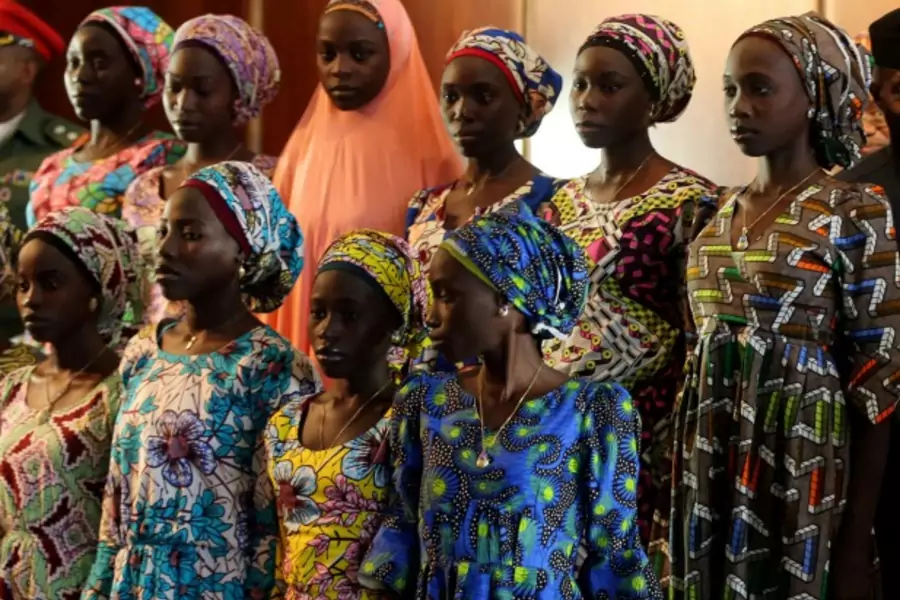More on:
The release of twenty-one Chibok school girls kidnapped by Boko Haram almost three years ago has produced national rejoicing, led by the Anglican primate and a Roman Catholic cardinal. It has also been a popular boost for the Buhari administration, in the midst of an economic recession, ongoing Boko Haram attacks, ethnic conflict in the middle belt, and insurgency in the Niger Delta. The media reports that the freed girls look “emaciated” and that perhaps nineteen were accompanied by babies. Of the still missing girls, it is not known how many are still alive, willing, and capable of being released. One of the released girls says that shortly after their capture, they were separated into two groups – those who would convert and become wives, and those who would not convert and become slaves. Of those otherwise able to return, some of them may choose to stay with Boko Haram.
With respect to the twenty-one, many questions remain, with seemingly incomplete and unclear statements from official sources. How the negotiations took place remains unknown, at least to the public. Who in the Buhari administration negotiated with which faction of Boko Haram, and how? What did the Buhari administration give Boko Haram in exchange for the girls? Some media, including the BBC and Agence France Presse, continue to report that the girls were exchanged for imprisoned Boko Haram commanders plus a ransom. Government spokesmen continue to deny that a “swap” took place, and refer instead to “mutual release.” As for the ransom, some of the Nigerian press speculate that it was provided by the Swiss government from looted Nigerian funds found in Switzerland. The International Committee of the Red Cross (ICRC) states that it received the girls but did not participate in any negotiations. The Swiss government has confirmed that it “facilitated the negotiations,” but the details remain obscure. At an Abuja meeting with ICRC President Peter Maurer, President Buhari reiterated that his administration will talk with Boko Haram “as long as they agree to involve international agencies like ICRC.”
“A source close to the negotiations” told a Nigerian newspaper that the release of the next tranche of Chibok girls, perhaps numbering eighty-three, will be based on the government paying ransom and freeing “no fewer than sixteen of the Boko Haram commanders by the government.”
Meanwhile, President Buhari appears to be trying to focus international attention on the more than two million internally displaced persons in northeast Nigeria. They constitute an immense humanitarian challenge.
Successive Nigerian governments had paid ransom, notably to Niger Delta militants, while always denying that it has done so. A swap of Chibok girls for captured Boko Haram commanders has long been advocated by Boko Haram “face” Abubakar Shekau. However, it is unknown how many of the remaining victims Shekau controls, or who among them is likely, and willing, to return home.
More on:
 Online Store
Online Store
